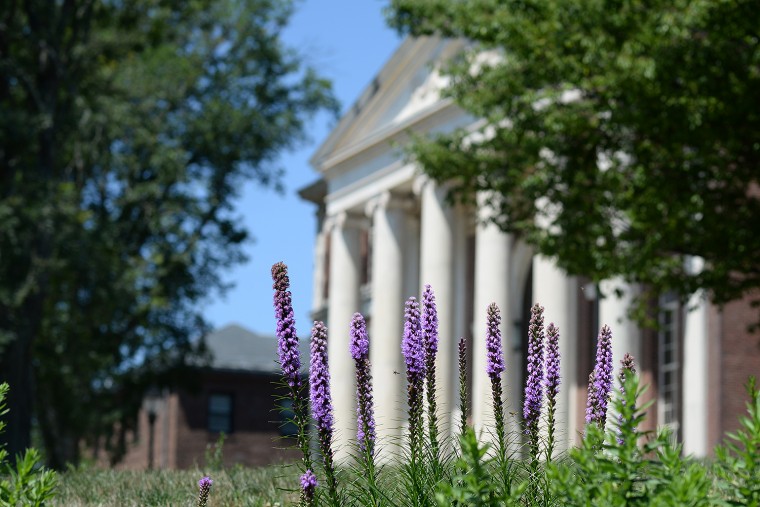Wesleyan to Participate in Generative AI Research Project

Wesleyan University will be participating in a research project to explore the potential—and pitfalls–of generative artificial intelligence as a teaching and research tool.
Wesleyan joins 19 other universities, including Carnegie Mellon University, Princeton University, University of Chicago, University of Connecticut, Stony Brook University, Temple University, Bryant University, Duke University, Concordia University, and Yale University on the two-year research project led by Ithaka S+R, a not-for-profit organization that helps the academic community evaluate and use digital technologies.
“Together the partners in the Making AI Generative for Higher Education will assess the immediate and emerging AI applications most likely to impact teaching, learning, and research and explore the long-term needs of institutions, instructors, and scholars as they navigate this environment,” according to an Ithaka S+R release.
“A place like Wesleyan is the perfect place to be engaged with these questions,” said Andrew White, University Librarian.
With the rapid rise of AI technology, universities are deciding how to best engage these new tools. While the technology has been available for several years, the spate of publicity about ChatGPT in late 2022 prompted a reckoning among many academics. According to a piece in Wesleyan Magazine, Wesleyan staff and faculty have been considering the topic as of late.
The Olin Library is at the hub of this project, uniting representatives from Information Technology, Academic Affairs, Admissions, the Writing Center, and Information Technology in the work.
“We were all floundering around and this seemed to be a way we could all flounder together,” White said. “The library is one of the right partners because we both support students in their classes and faculty research.”
“I am interested in learning what the faculty are doing—and not doing—regarding AI, particularly regarding teaching and research. It’s just such a moving target,” said Rachael Barlow, Wesleyan’s Associate Director of Assessment.
White and Barlow believe there is an opportunity for generative AI to help reinvent teaching methods, ways students and faculty engage in research, and to help polish writing. The project will also help Wesleyan determine the shared norms on how the tools can be used and what is considered academic dishonesty.
“What some people are arguing is that focusing heavily on products like a polished written paper often does not reveal what the process was and what learning was in the process … with ChatGPT you have to reorganize your class to focus on what students are doing along the way,” Barlow said.
“We want to open up a dialogue and a common understanding between what faculty expect and what students are doing,” White said.
The first year of the project will be an opportunity for the group to do a “landscape review,” a review of what the AI environment currently looks like at a group of institutions ranging from small liberal arts institutions that focus on teaching, like Wesleyan, to large research institutions like Yale. The project will release a public report in 2024. The project’s second year will focus on developing strategies for each institution, including the creation of a campus-wide statement on generative AI.
“The best thing that can happen from delving into this subject in this way is that we get our community as excited about the possibilities as they are worried about the impacts and that we develop scenarios and ways to help them adapt,” White said.
“We are taking it one step at a time,” Barlow said. “I’m a hopeless optimist. It’s both exciting and terrifying.”

